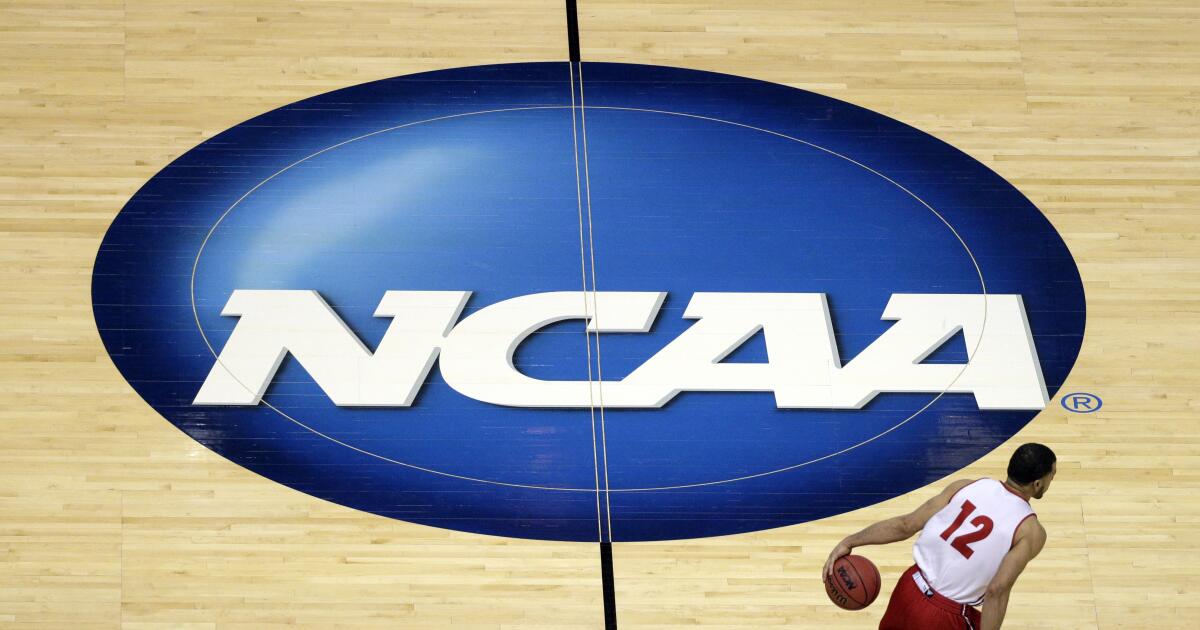
In a historic move, the National Collegiate Athletic Association (NCAA) and five major conferences have agreed to pay nearly $3 billion to settle antitrust claims and allow college athletes to receive compensation for their names, images, and likenesses (NIL). This decision marks the end of the NCAA's long-standing amateurism model. The settlement will provide benefits to over 14,000 former and current college athletes across all sports.
The agreement includes $2.77 billion in damages for lost NIL opportunities since 2016, as well as a future revenue-sharing model that could distribute up to $21 million per year to schools for athlete compensation. Athletes will be eligible for payments regardless of their sport or gender.
The NCAA and conferences have also agreed to set aside funds for insurance, scholarships, and other expenses related to the new NIL framework. However, some critics argue that smaller conferences may bear a disproportionate burden of these costs.
This settlement comes after years of legal challenges to the NCAA's amateurism rules and growing public pressure to allow college athletes to profit from their athletic abilities. The decision has been hailed as a victory for student-athletes, who will now have more control over their own financial futures.
Despite this progress, some concerns remain about the potential impact on Title IX gender equity laws and the role of collectives (booster-funded groups) in influencing athlete compensation. The settlement still needs approval from a federal judge before it can be implemented.
Notre Dame President Rev. John I. Jenkins has called on Congress to pass legislation that would provide protection for colleges from further antitrust lawsuits and help ensure competitive equity among teams.
The NCAA's decision to pay athletes marks a significant shift in college sports, which could lead to more transparency, fairness, and opportunities for student-athletes. However, it also raises questions about the future of amateurism and the potential consequences for colleges and universities.




